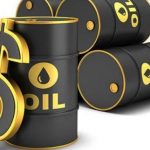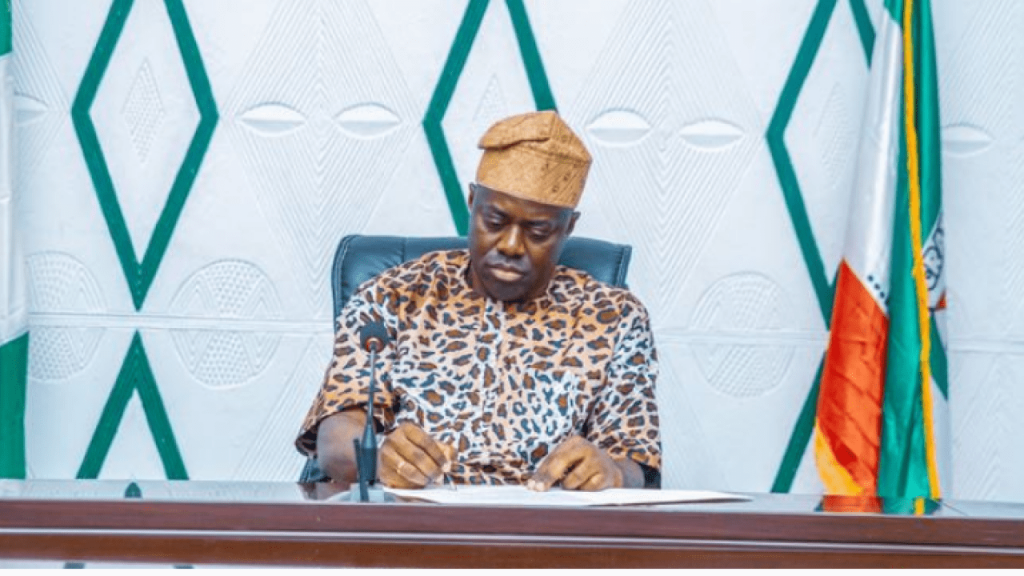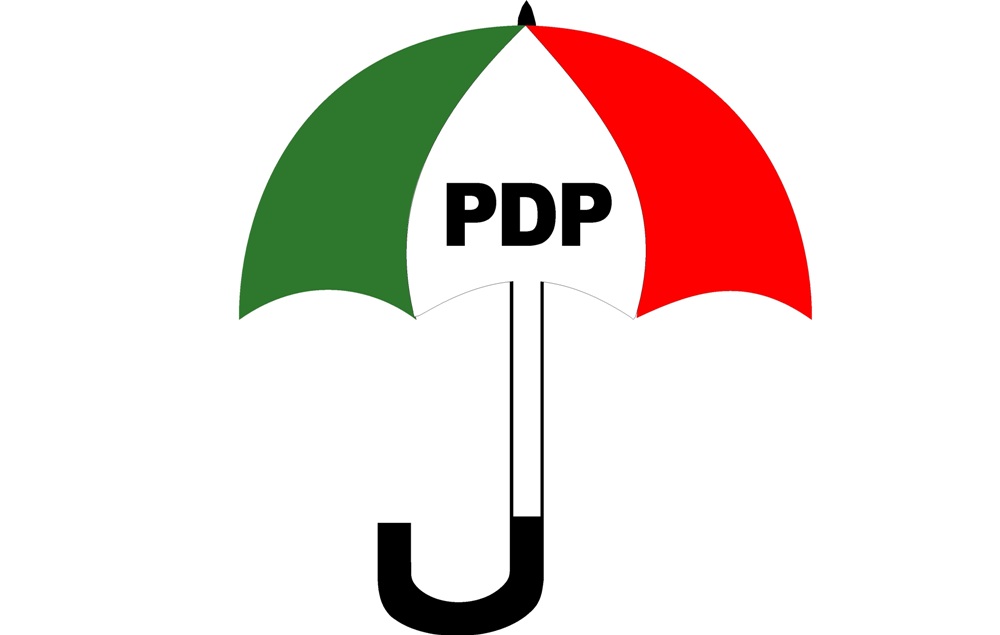The federal government is considering new oilfield licensing rounds next year, especially in the deep and ultra-deep waters of the Niger Delta, the Group Managing Director of the Nigerian National Petroleum Corporation (NNPC), Mallam Mele Kyari, stated at the weekend.
Kyari, during an online interview, anchored by the Society of Petroleum Engineers (SPE) International, said the plan was delayed by the COVID-19 pandemic.
According to him, with the current price rebound, some licensing could be in the offing by 2021.
He reiterated the ambition of the national oil company to soon ramp up production to about three million bpd, especially when the current cuts imposed by the Organisation of Petroleum Exporting Countries (OPEC) are lifted.
Kyari added that some assets had already been lined up to boost oil production.
This year, the country launched its first marginal oilfield licensing round in about 20 years, fields it said were likely to be developed by local companies and were less dependent on limited international funding for their operations.
However, the federal government, which executes its bid rounds through the Department of Petroleum Resources (DPR), is yet to make public the list of winners.
The NNPC boss also said given the cleaning up of the activities of the corporation that had been taking place since he took over, the company is likely to hit its break-even point by end of December.
He noted that in the corporation’s pursuit of increasing crude oil reserves to 40 billion barrels, it is looking beyond the Niger Delta to the frontier basins, where the NNPC recently said it had discovered oil in commercial quantities.
“This company will break even, hopefully by the end of this year, and become a net deliverer of value to our country and beyond that we are improving our systems and processes, reshaping our portfolios and shifting our priorities to things that work and things of value.
“For us, the ambition is to take the company to the next level and to do that, we need to go international and to do that, you must be competitive and ahead of your game so that this company will be the pride of this country. We need to deliver excellence, transparency and accountability,” Kyari said.
He explained that not much exploration activities are going on in the Niger Delta currently because the pandemic had slowed down activities.
He added: “There isn’t much of exploration going in the Niger Delta because of many reasons, including the immediate impact of COVID-19. We are looking to restore that.
“Our ambition is to grow to 40 billion barrels of proven reserves and increase gas assets. To do this, you have to go to the frontier areas and there are a number of them. Currently, we have found one in Benue trough with substantial quantity.
“This has also led us to understand the area and see the vast potential elsewhere in the frontier basin. And we are doing some exploration work and seismic data work in those areas.”
Saying that the environment is changing and priorities are changing, he explained that people are going to the right places and that the corporation has seen the opportunities, assuring his audience that growth is in the horizon.
“There are still potential in the ultra-deep Niger Delta, which has very little exploration,” adding: “I know that by 2021, we will go into some form of licensing activities so that we can reopen the ultra-deep and some parts of the deepwater and also look at the opportunities on some of the onshore assets that have not been explored.”
According to him, with the growing confidence of investors and Nigerians in the NNPC, given its renewed avowal to transparency, it will be a matter of time, before the company will fully stand shoulder to shoulder with its likes in other oil-producing nations.
“So, there are huge opportunities in 2021 to 2022 with all its shortcomings, which are very obvious. We have seen a rebound in commodity prices and also some form of relaxation on the OPEC platform so that people will have the confidence to go back to more exploration,” he stated.
He said the focus on gas would see the country sending more of it to generate power and to gas-based industries.
He added that there has been an increase in the demand for gas in the country recently.
Kyari said: “Our energy needs are very challenging, power supply is a problem. So, probably 60 per cent has access to power. So, we know that gas is the solution and we are supporting all the structures that will ensure that by putting major trunk lines and facilities so that ultimately gas comes to the domestic market.
“We are also not oblivious that we have huge gas resources and it can be exported. To do that, our Train 7 expansion programme took off during the COVID-19 pandemic and there are a number of large scale exports in the offing.”
He restated his call for proper legislation as represented by the Petroleum Industry Bill (PIB) to stimulate growth in the oil and gas industry.
Kyari noted that the national ambition is to produce three million bpd by 2023, which he said is already within sight.
He added that in April, the country hit 2.49 million barrels of production per day before the OPEC production curbs.
He, however, said NNPC was not unaware of the cartel’s restrictions, stressing that when that is out of the way, demand will pick up and there will be a need to rev up production.
Kyari explained that the publication of the corporation’s monthly financial reports and annual audited statements has raised the confidence level of investors, plus the added advantage of non-interference of President Muhammadu Buhari in the operations of the NNPC.







